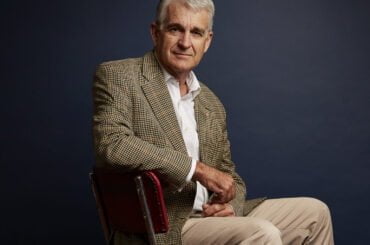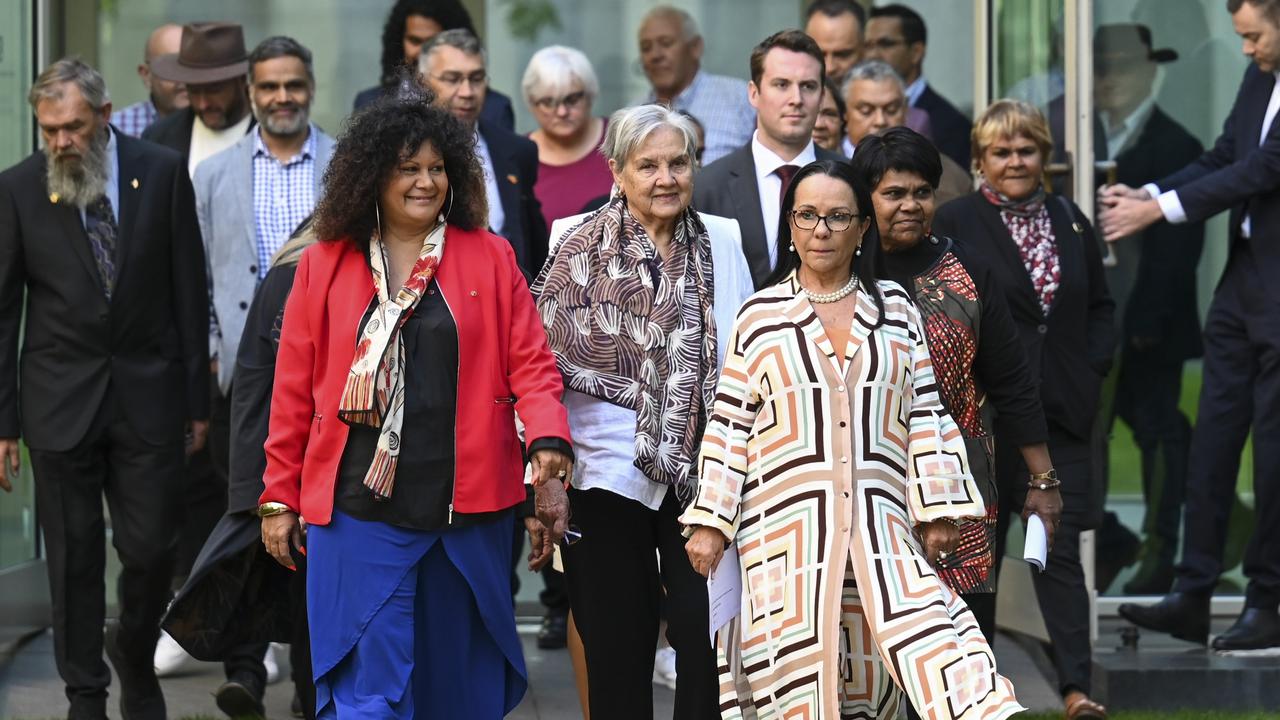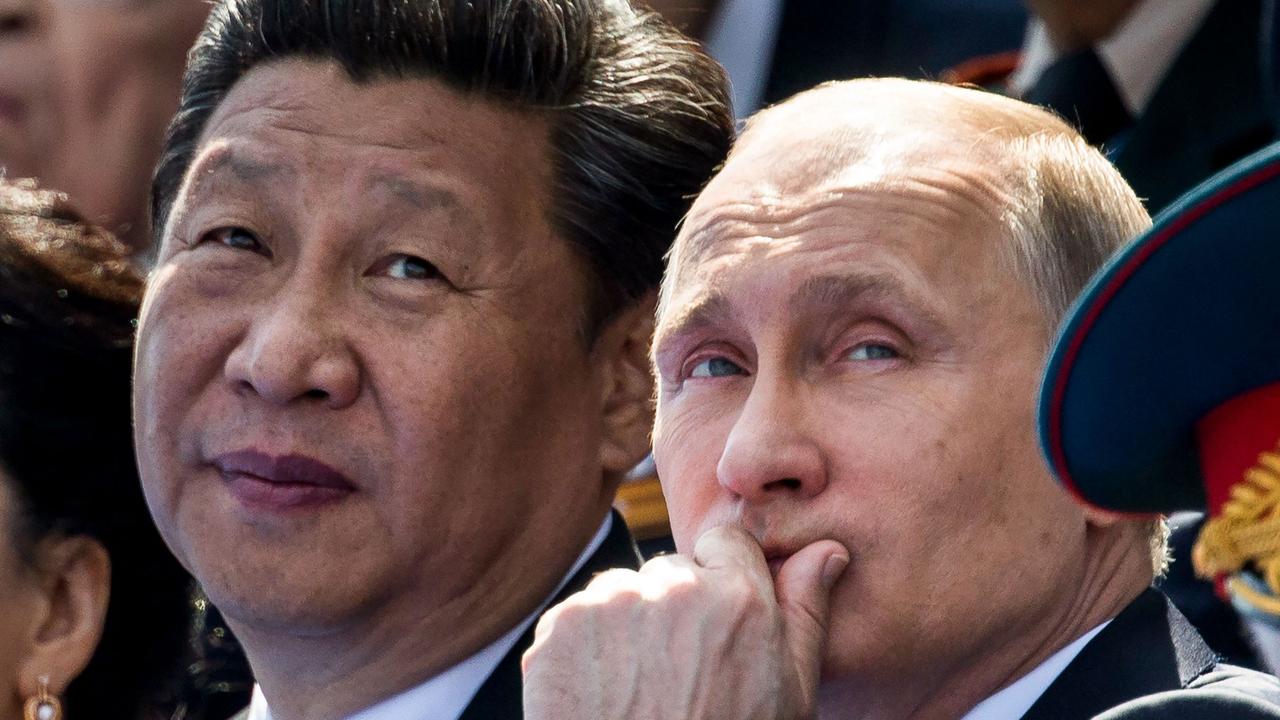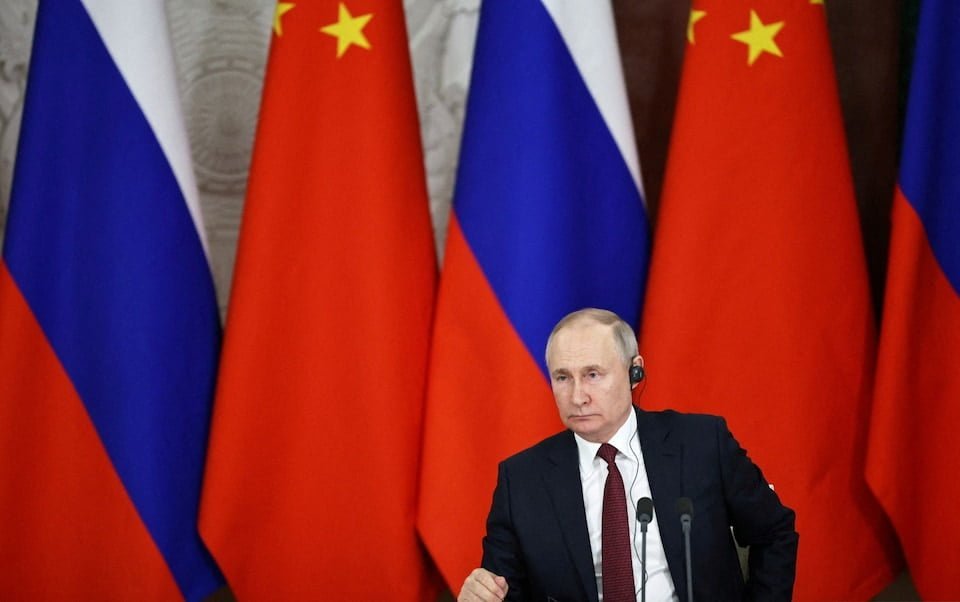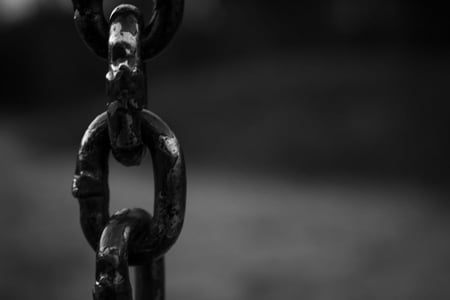
John Anderson: Why is slavery still an important issue?
SLAVERY is a blight on our past, and tragically on our present too. What of the future? The American historian Adam Hochschild writes that about the time Australia was settled, about three-quarters of the world’s population were either slaves or serfs, with effectively no personal, economic or political freedom.
At the very apex of the horrors of slavery stood the world’s then superpower Great Britain, which sanctioned the truly appalling African slave trade under its flag.
The spectacularly cruel and dreadful slave trade that supplied the markets of the New World was conducted under what was known as the Transatlantic Triangle, where slave trading ships would first depart English ports for the west coast of Africa. There they would purchase slaves from Africans who had themselves forcibly rounded up men, women and children of their own race in the pursuit of miserable profit.
Crammed into stinking holds in a way that guaranteed that vast numbers simply died as they were chained together, the second leg of the triangle took these unfortunate human beings to the further unspeakable cruelties they would experience as slaves in the sugar and cotton producing industries.
On the final leg of the triangle the ships would return with slave-produced goods to England.
In today’s world of global trade, slave-produced goods easily travel to all parts of the world, the only difference being that today’s perpetrators do everything they can to hide their evil activities.
It was really only about the time this country of ours was being settled that a courageous effort was mounted to end the dreadful trade, and then eventually slavery itself.
The former was finally achieved in 1807 in Great Britain; the latter not until 1833 in Great Britain and another 30 years later in America.
It was an extraordinary campaign, spearheaded by remarkable people. The former brutal slave trader John Newton, who later wrote Amazing Grace — still the world’s most commonly sung hymn — was one. William Wilberforce, perhaps the most courageous and brilliant speaker the English parliament has ever witnessed, effectively led the political campaign. John and Henry Thornton, who were the wealthiest bankers in England, together with other wealthy supporters invested heavily in the campaign.
Other members included the Middleton naval family, the playwright and educator Hannah More, and the Reverend Thomas Clarkson.
The Quakers, who were massively effective printers and distributors of pamphlets, were in effect the social media drivers of the day.
The campaign rapidly mustered the support of amazing numbers of people the length and breadth of Great Britain and kept it alive for decades, often in the face of vehement opposition from those who thought slavery was vital to Britain’s economic and military status.
The campaign was to see the first modern political slogan. A jasperware medallion struck by Josiah Wedgwood in 1787 featured a negro man on his knees looking upward imploringly while the slogan underneath it read “Am I not a man and a brother?”
Women played a vital role in the campaign, an interesting example being in the promotion of direct action whereby consumers were encouraged to stop using slave-produced sugar.
It is reasonable to argue that the success of the campaign constituted the greatest human rights advance of all time. It established once and for all the principle, held so dear by its mainly Christian campaigners, that all people had worth and dignity.
It could be argued the campaign was so successful it is the reason we’ve forgotten this vital part of our own history. I have long believed we should understand this part of our history for the enormously humanising impact it had on our culture and indeed, as it spread, in other societies.
But now we find the horrors of slavery are not behind us. The task is not complete. Awareness is growing internationally with business people, religious leaders and celebrities seeking to champion the cause.
In Australia, Andrew Forrest is at the forefront, spearheading a campaign to do more today. Thankfully, the government’s Foreign Affairs and Aid subcommittee, chaired by MP Chris Crewther, has initiated an inquiry in the federal parliament.
As a proportion of global population, vastly more people now enjoy freedom and the right to self-determination than was the case before the abolitionists’ work, but it should horrify everyone that an estimated 40 million people are under the yoke of modern slavery.
One slave is too many. We are all dehumanised when we regard it appropriate for one to deny another their freedom.
Australia’s founding fathers insisted that slavery would never be allowed in the colonies, after Wilberforce successfully intervened to ensure that objective when the First Fleet sailed. In accord with this heritage, we have a huge responsibility, in my view, to step up our nation’s efforts in this regard. It should be of special interest to us because an estimated two-thirds of today’s slavery is concentrated in our region.
What can we do?
Let’s join the campaign to build the case for Australia to do more and in particular to have our federal parliament adopt modern antislavery laws. Just as the public awareness created by the Abolitionists proved decisive in bringing about the sweeping reforms of the 19th century, widespread scrutiny of what is happening will serve this cause today.
Central to last year’s historic UK laws is for companies to report what they have done to investigate slavery in their supply chains. Neither an unwieldy big stick of state, nor an overly burdensome addition of regulation, this law generates public accountability and awareness of this now-invisible scourge of slavery.
Australian politicians would do well to consider the specific traits making modern slavery the problem it is in our region. Nevertheless, we could do far worse than to simply take on the key hallmarks of the UK legislation, which invite consumers and corporations alike to ask: Am I involved in slavery?
John Anderson is a former deputy prime minister of Australia
Originally published in The Daily Telegraph
Original Article
